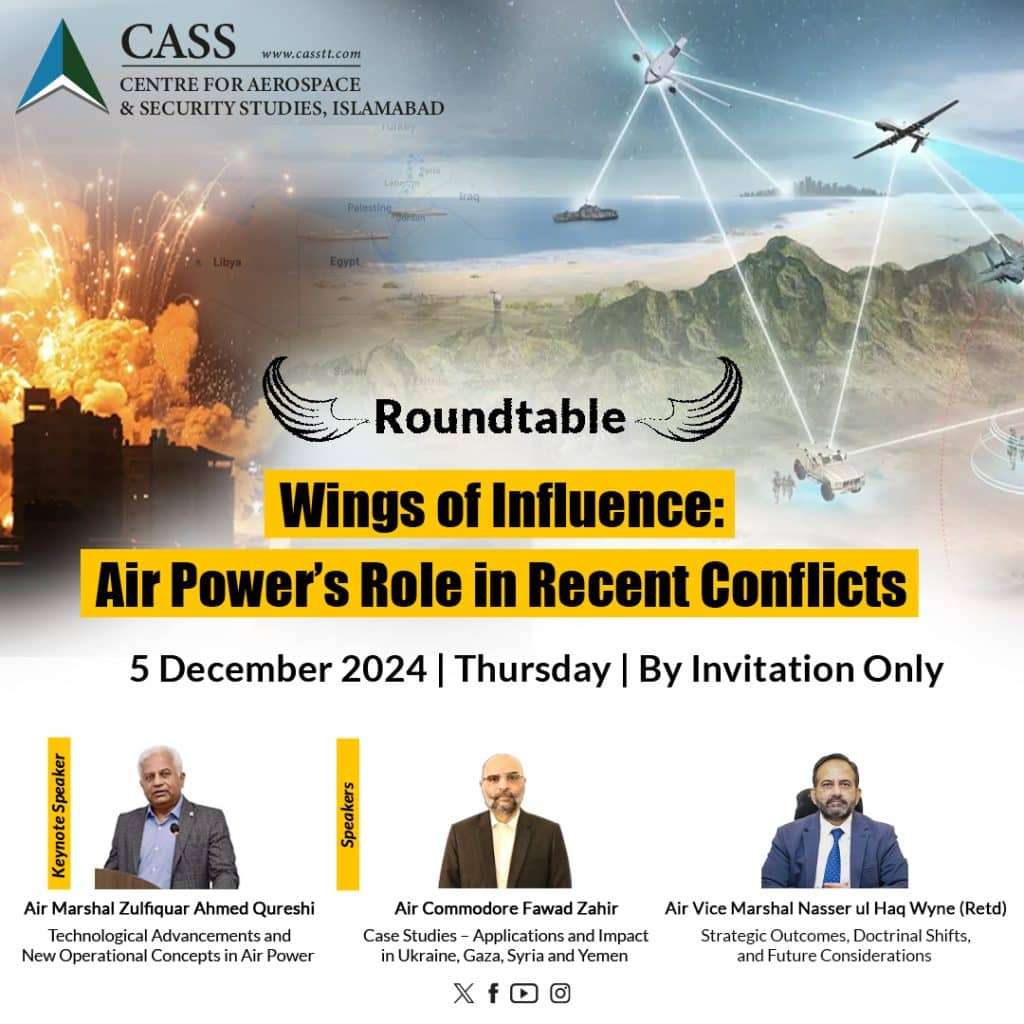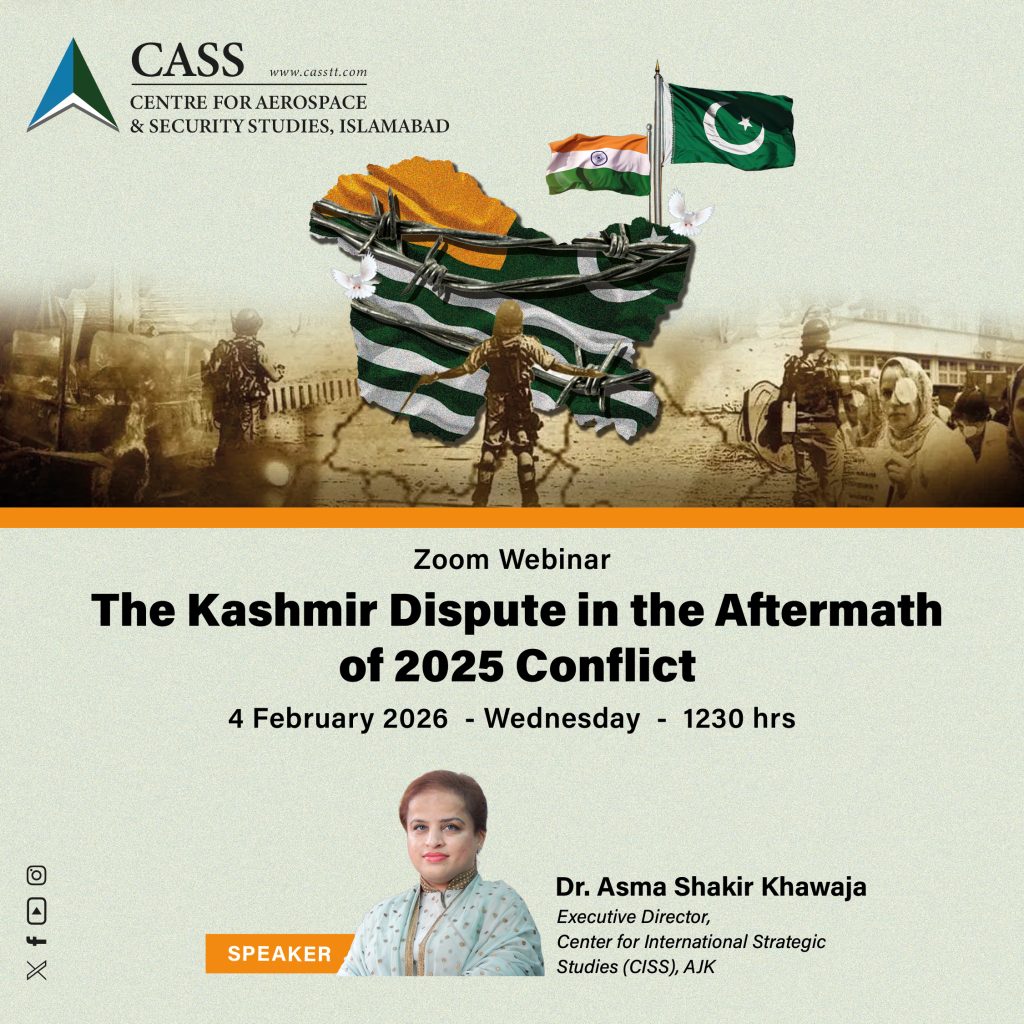In an era where technological advancements and geopolitical shifts continually reshape the nature of warfare, air power has emerged as a vital tool influencing conflict outcomes and guiding military strategy. This roundtable will gather military professionals to explore how air power has been employed in contemporary conflicts (in the last two years), its operational evolution and impact on modern warfare. The discussion will be structured around three main segments, each featuring insights from a distinguished speaker, beginning with a Keynote Address.
The three segments will address the following themes:
Keynote Address: Technological Advancements and New Operational Concepts in Air Power
This theme will set the stage by discussing how recent technological developments have transformed air power, introducing capabilities such as Unmanned Aerial Vehicles (UAVs), precision-guided munitions, and space-based intelligence. It will explore how these advancements have not only extended the reach and precision of air operations but have also led to new Concepts of Operations (CONOPS) that address diverse conflict scenarios. This discussion will provide a comprehensive overview of how air power has adapted to modern warfare, establishing the foundation for more detailed discussions.
Segment II: Case Studies – Applications and Impact in Ukraine, Gaza, Syria and Yemen
This segment will delve into specific case studies from the last two years, examining the role of air power in conflicts across Ukraine, Gaza, Syria and Yemen. Each case will provide a unique perspective on air power’s application, from the strategic use of drones and electronic warfare in Ukraine’s defensive and offensive operations to the ethical complexities in Gaza, where air power is used amid densely populated areas. Syria and Yemen will be discussed, where air campaigns reveal both the strengths of air power and the significant challenges regarding civilian impact and international scrutiny. Whether the set objectives could be achieved, or not would also be discussed. This segment will provide attendees with an in-depth analysis of air power’s strategic and operational roles across various geopolitical landscapes.
Segment III: Strategic Outcomes, Doctrinal Shifts and Future Considerations
This theme will examine how recent uses of air power are influencing military doctrines and defense strategies. Focusing on the integration of air, cyber, and space capabilities, this segment will discuss how air power is shaping national and international security policies, especially as multidomain operations become more prevalent. Additionally, it will address future challenges, including the need to balance technological advancement with ethical responsibilities. Topics such as civilian protection, compliance with international law, and managing the humanitarian impact of air operations will underscore the broader strategic implications of air power in modern and future conflicts.
Press Release
News Coverage





